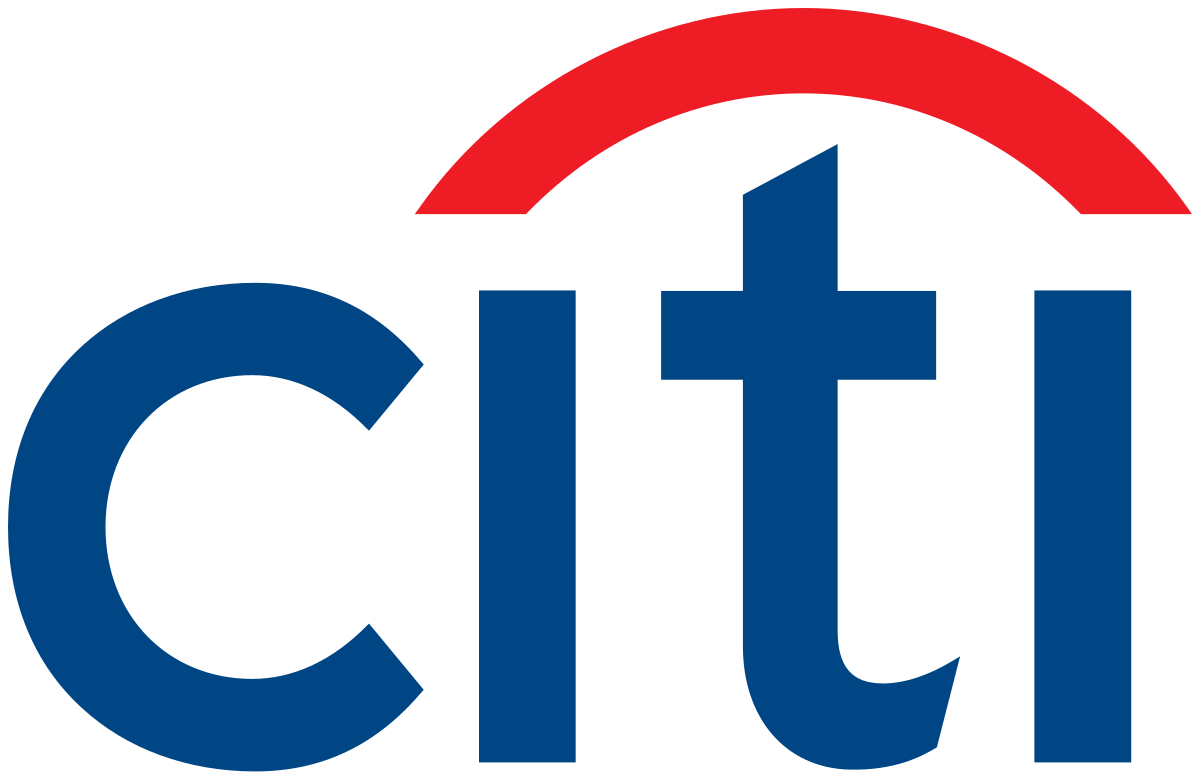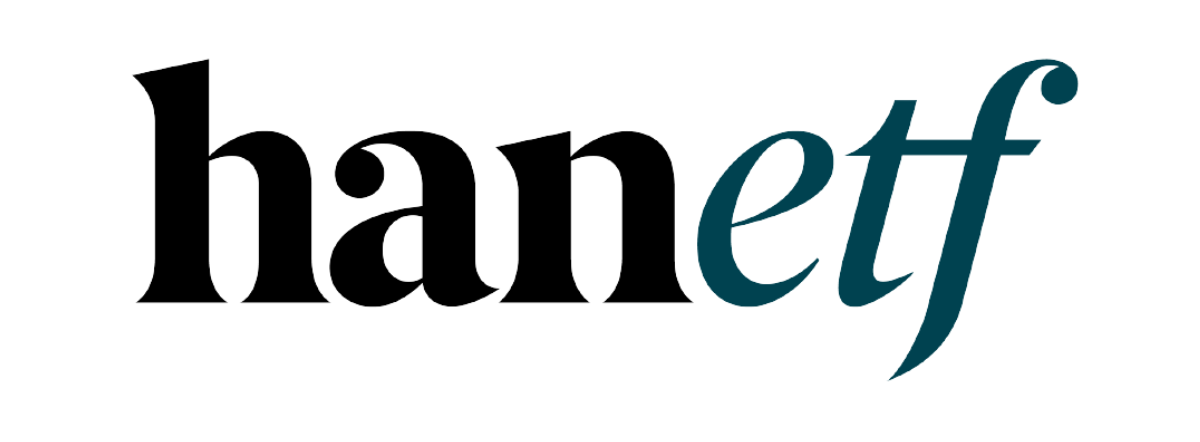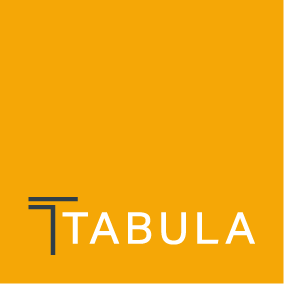Innovation drives the European ETF market forward, however, the ecosystem is at risk of stagnating if only a handful of players can remain profitable.
In the latest ETF Insider, ETF Stream research revealed just over half of UCITS ETFs are currently in profit-making territory, a figure that makes for stark reading for any advocate of the ETF wrapper.
Based on estimates from Citi and HANetf that the annual operating cost of a UCITS ETF can range from approximately $200,000-$350,000, ETF Stream found just 955 ETFs – or 51.5% – of the 1852-strong market exceed this range’s upper cost bound, using data from ETFbook.
This takes into account various costs including administration and custody, index licensing and listing fees and registration and tax reporting.
Meanwhile, some 38.9% of ETFs are currently operating at a loss while 9.4% fall within the breakeven range.
In this low-margin environment where there is significant pressure on fees, the smaller ETF issuers suffer in particular.
This has already been felt in Europe this year with Roundhill Investments exiting the market in October, ETF Stream revealed, just 18 months after launching its metaverse ETF, a product that houses $413m AUM in the US.
Meanwhile, AssetCo locked in a significant loss after it offloaded Rize ETF to Cathie Wood’s Ark Invest for £5.25m in September.
The firm acquired a 63% stake in the thematic ETF specialist for £16.5m with commitments of a further £5.25m to aid the issuer’s growth, however, the challenging market environment meant it wrote down the value of Rize ETF by £5m in June prior to the sale.
Despite this, small ETF issuers are the firms driving much of the innovation in the market which is why it is crucial they flourish.
SparkChange, for example, partnered with HANetf to launch the world’s first physical carbon ETC, the SparkChange Physical Carbon EUA ETC (CO2), in October 2021 which has gathered $80m AUM while Tabula recently unveiled the world’s first Paris-aligned ultrashort bond ETF in October.
Competition is the key driver of innovation and will ensure a healthy market. To do this, however, ETF issuers must offer genuine solutions for fund selectors rather than chase the latest investing fad.
Highlighting this, Ark Invest Europe and HANetf have now both closed – or swallowed up – their medicinal cannabis ETFs which both launched to much fanfare in early 2020.
Furthermore, market sentiment and a clear distribution strategy that targets specific regions are also crucial elements in the process of launching the right ETF at the right time.
The pressure on fees has squeezed margins to a point where just a handful of incumbents in European ETFs are profitable and dominate the space. The problem is obvious; the solution, not so much.








